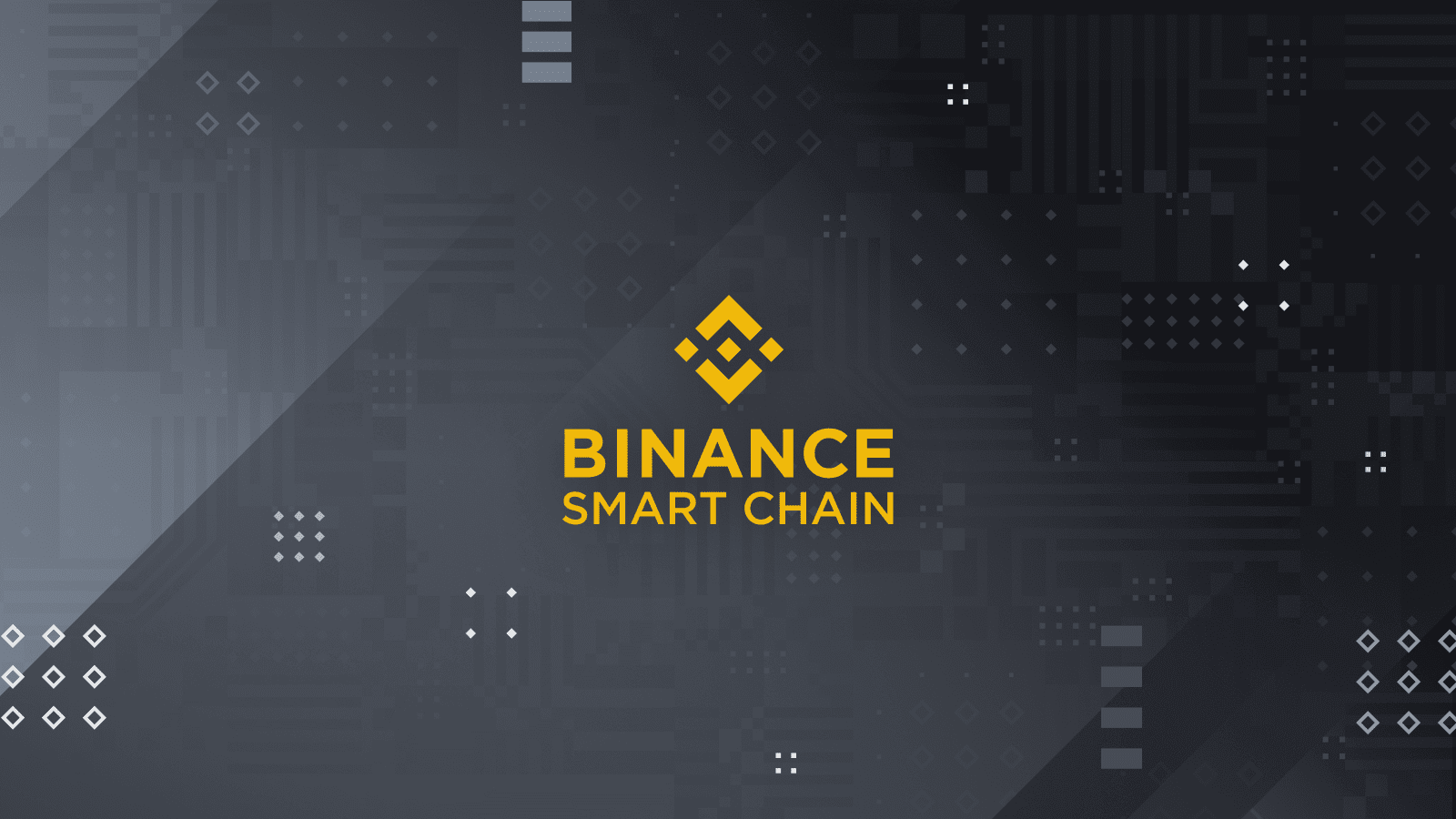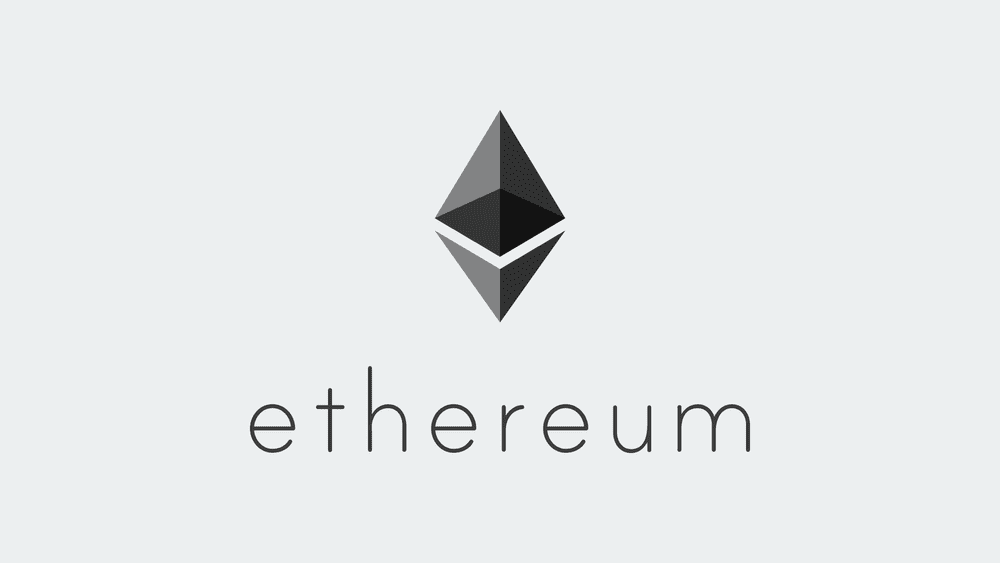Ethereum vs Binance Smart Chain is one of the main clashes in the cryptocurrency market. The former is one of the largest and most popular blockchain networks in the market while the latter is trying to solve some of the issues affecting Ethereum.
In this guide, we are present the main differences between Ethereum vs Binance Smart Chain. We will analyse their features, how they work and also their performance.
What is Binance Smart Chain (BSC)?
Binance Smart Chain (BSC) is one of the latest blockchain networks to be released to the market. The goal was to offer better solutions than Ethereum to the fast-growing Decentralized Finance (DeFi) market.
The network was released in late 2020 and was created by the Binance cryptocurrency exchange. BSC is powered by the Binance Coin (BNB) and it is now one of the largest blockchain networks in the world in terms of users and volume.
BSC works with a token standard known as BEP20, which is different from the ERC-20 standard used by Ethereum. Additionally, the Binance Smart Chain has a different consensus mechanism than Ethereum.

What is Ethereum (ETH)?
Ethereum is one of the oldest, most decentralized and popular blockchain networks in the cryptocurrency market. It was released in 2015 and it is now the second-largest in the world. This blockchain network has allowed for the deployment of smart contracts.
Over the last years, decentralized applications (dApps) and decentralized finance (DeFi) solutions were released on top of Ethereum. In this way, the crypto market enjoyed a wide range of new services and solutions powered by Ethereum.

It is worth taking into consideration that Ethereum works with the Ether (ETH) virtual currency. This digital asset can be used for a wide range of things today. Moreover, it is widely available in the crypto market.
Differences Between Ethereum and Binance Smart Chain
There are some differences between Ethereum vs Binance Smart Chain. These are very important things to take into consideration. Each of them is offering different solutions that would meet the needs of participants in the market.
Scalability
One of the main things to mention about Ethereum vs Binance Smart Chain is related to scalability. While Ethereum has been struggling to offer fast and cheap services to users, Binance Smart Chain became a very efficient platform to use.
Nowadays, it costs just a few cents to send a transaction using BSC. However, it can be as high as $20 to perform an ETH or ERC-20 token transaction. This is one of the reasons why some users are moving to Binance Smart Chain.
Consensus Algorithm
However, scalability comes with some other issues. In order for the BSC to reach these scalability levels, it had to use a very centralized consensus algorithm. Indeed, there are just a few dozens of validators on the BSC.
Ethereum is fully decentralized. There are miners working all over the world. At the same time, Ethereum wants to move to a Proof-of-Stake (PoS) consensus algorithm that would allow it to become faster and cheaper to use.
Fees
As we mentioned before, the fees are very cheap on the BSC and very high on the Ethereum network. However, this can be explained thanks to the consensus algorithm used by BSC compared to the one implemented by Ethereum.
A transfer on the BSC network costs between $0.02 and $0.10 and a transfer on Ethereum can cost above $20.
Cryptocurrency
Ethereum (ETH) is one of the oldest virtual currencies in the world. It is the second-largest after Bitcoin (BTC). It has a market valuation of around $180 billion. Meanwhile, Binance Coin is the fourth largest digital asset with a market capitalization of $38 billion.
This shows that despite the recent expansion of the BSC, ETH continues to be a larger digital asset. Moreover, Ethereum can be purchased in most of the crypto exchanges in the world. Binance Coin is not yet available on every platform.
Ethereum vs Binance Smart Chain Conclusion
This Ethereum vs Binance Smart Chain guide aimed at sharing some of the most important differences between these two networks. As you can see, BSC is much more efficient in the way it handles transactions. However, it also comes with an almost centralized platform.
Ethereum, instead, is trying to keep with its decentralized structure and reduce its fees and transactions times. This is a very difficult task Ethereum developers have. Nonetheless, both networks are among the largest and can be used simultaneously to exchange digital assets.






















